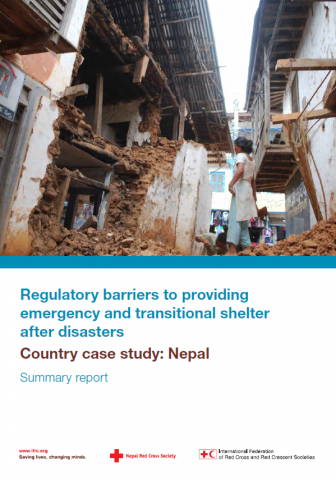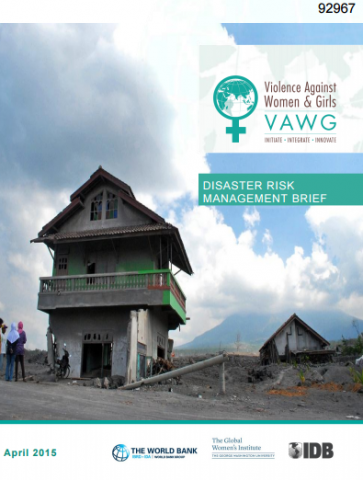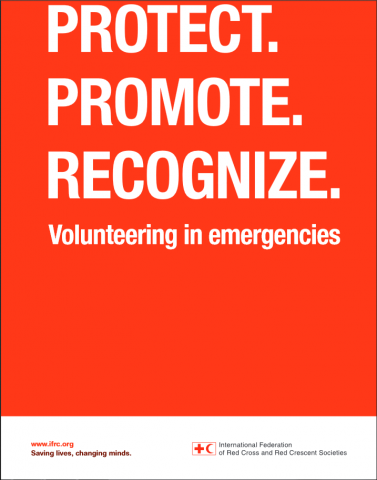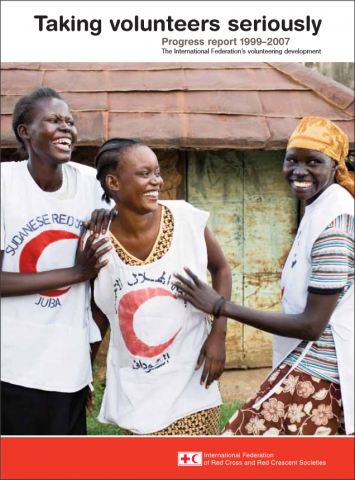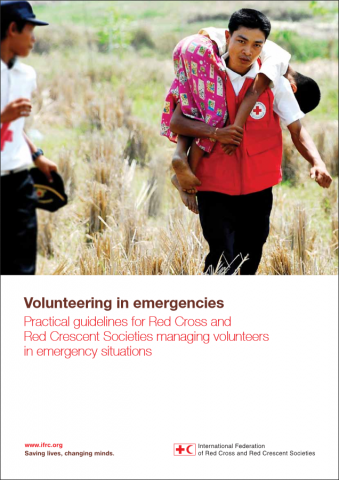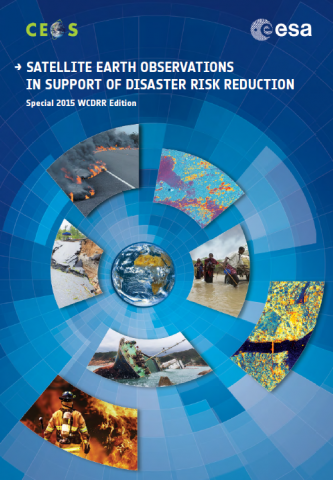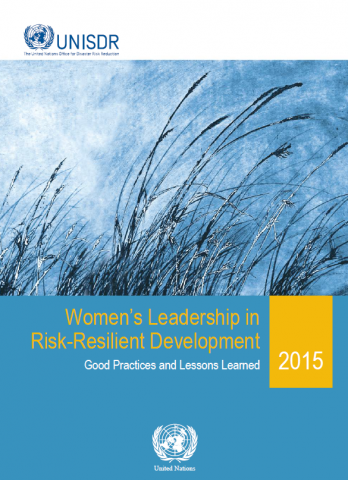Regulatory barriers to providing emergency and transitional shelter after disasters in Nepal
On June 11th, the Nepal Department of Urban Development and Building Construction (DUDBC) convened partners to launch a new study by the International Federation of Red Cross and Red Crescent Societies (IFRC) on “Regulatory barriers to providing emergency and transitional shelter after disasters” in Nepal. This study, undertaken by the IFRC’s Disaster Law Programme and […]

